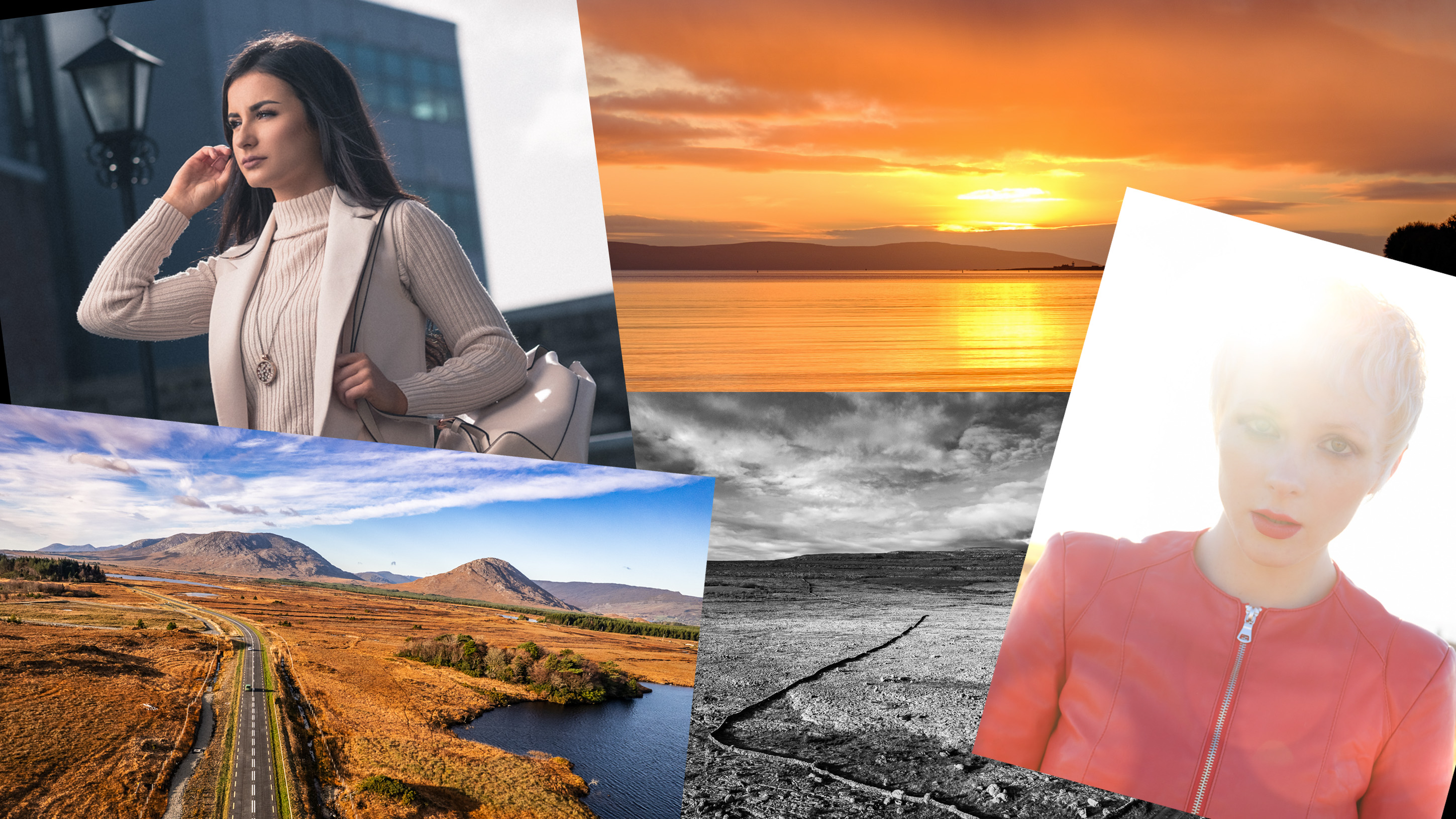Google is improving how its camera phones photograph black skin
Google Pixel camera phones will offer improved white balance and exposure control to accurately expose for darker skin tones

The best camera deals, reviews, product advice, and unmissable photography news, direct to your inbox!
You are now subscribed
Your newsletter sign-up was successful
Google has announced that it is working to improve the cameras on its Pixel smartphones to be more inclusive of darker skin colors by making them more color accurate and improving exposures.
At Google's recent I/O keynote address, Android VP Sameer Samat revealed the company is working together with a diverse group of industry and imaging experts, who are advising Google on how to adjust its auto white balance and exposure settings on Pixel smartphones, as well as offering general aesthetic advice.
• Read more: Best camera phones
Samat said, "As the world's largest OS, we have a responsibility to build for everyone. As part of our ongoing commitment to product inclusion, we're working to make technology more accessible and equitable."
In working with a diverse range of image makers, Google has been able to use thousands of images to diversify Google’s datasets. In this way the company can improve the accuracy of its auto white balance and autoexposure algorithms, reducing stray light and bringing out more natural brown tones, preventing over-brightening and desaturation of darker skin tones.
In the past, photographic processes have been geared towards lighter skin tones, as evidenced by the Shirley Card. Developed during the 1940s and 1950s, an era of racial segregation in the US, it used the features of a white woman as a default setting with which to calibrate colors when processing images.
Yet even digital technology has often failed to cope with differences in skin color, with early webcams failing to track the faces of people with darker skin, and Twitter’s thumbnail algorithm continuing to favor white faces over black.
The best camera deals, reviews, product advice, and unmissable photography news, direct to your inbox!
Samat said we can expect to see these camera improvements on Pixel devices this fall, so we might see it in the likes of the foldable Google Pixel 6 later this year. He also added that Google is committed to sharing everything it learns with the entire Android ecosystem, meaning other phone makers will be able to use Google's more inclusive camera software.
Read more
Best budget camera phones
Best add-on phone lenses
Best LED light panels
Best Tik Tok lights
Laurence is an NCTJ-trained journalist with nearly 20 years' editorial experience gained on a wide range of publications, from The Beirut Times in Lebanon to The Sunday Times, and including recent freelance engagements with Future's cycling and automotive portfolios, Outdoor Fitness, and The English Home. He has recently been undertaking a sports broadcast journalism MA at Southampton Solent, gaining valuable TV and radio experience, and am currently videographer for Frome Town FC soccer team. He is the author of Bikepacking (Wild Things Publishing, 2016).

